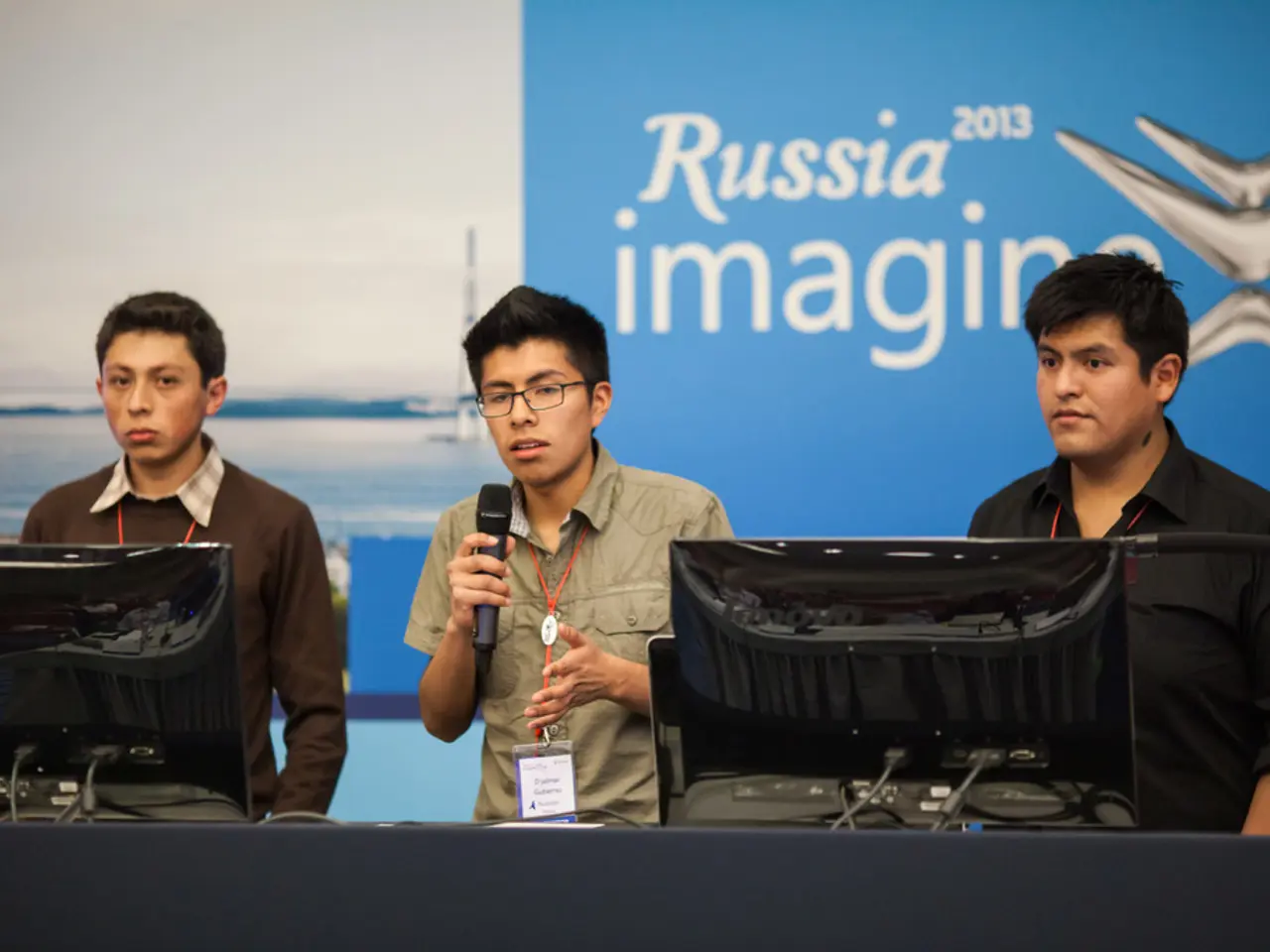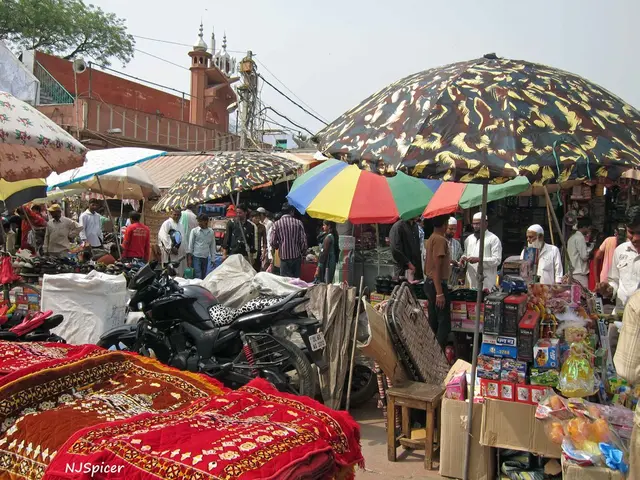West's sanctions against Belarus are just expanding Putin's influence
In recent months, Belarus President Alexander Lukashenko has moved closer to Russia, a shift primarily driven by escalating geopolitical tensions and Belarus's strategic role in Russia's conflict with Ukraine. This alliance is evident in the hosting of Russian troop mobilizations and military exercises. However, signs of tentative outreach to the West are also emerging, such as the attendance of US military officers in joint exercises, reflecting Minsk's delicate balancing act between Moscow and the West amidst sanctions and regional instability.
Russia and Belarus have agreed to tighter coordination in economic policy, with Russia continuing to supply natural gas to Belarus and providing additional loans. This economic relationship is crucial, but it comes at a time when support for Russian President Vladimir Putin among younger Russians has dwindled, with many opposing him standing again as head of state when his term ends in 2024.
The upcoming election in Russia, scheduled for Sunday, will see Russians voting for a new Duma, the national parliament, as well as local officials in some regions. The vote, however, is an even more stage-managed affair than usual, with opposition figures like Alexei Navalny, the anti-corruption campaigner, imprisoned, and many of the 'systemic opposition' disqualified for independent-mindedness.
The relations between Russia and the West are increasingly tense, and this tension represents a major long-term test-case for international governance, principles of sovereignty, and the reliability of the American security umbrella. The Russo-Ukrainian War, ongoing for seven years, is a significant part of this test.
The war has led to Lukashenko's international isolation, which appears to have made him ready to sacrifice Belarusian sovereignty for political survival. The Belarusian military, Lukashenko confirmed, forms the backbone in the western direction, suggesting Belarus is fast becoming a new front in Putin's campaign to draw countries on the border of Europe back into the Russian sphere of influence.
Putin's actions on NATO's borders and his portrayal of Russia as a 'besieged fortress' during the election cycle serve to rally patriotic support and reflect his desperation to secure his reign. Meanwhile, Putin is campaigning to expand the Russian Federation and spark the embers of nationalism.
The Zapad-21 drills demonstrate that Russia has friends elsewhere, with several countries participating, some borrowing Russian tanks. However, China is not attending the Zapad-21 drills but held a large drill with Russia in its north-western Ningxia region last month.
The liberalization of a rising generation in Russia scares Moscow deeply and has potentially costly consequences, as many Russian entrepreneurs and foreign investors are taking their business elsewhere. To counter this, Russia will provide military equipment to Belarus in exchange for political concessions, as outlined in a 28-point roadmap. This roadmap, if implemented, would bind Belarus and Russia far closer together while severely limiting Minsk's ability to pursue policies independent of Russia, potentially leading to a stealth takeover of Belarus.
The further entrenchment of Belarus into the Russian Federation is hazardous for global security, as Putin's popularity surged after the 2014 annexation of Crimea. The EU, UK, and US sanctions have squeezed Belarusian key industries, leaving the country unable to pay for military equipment pledged by Putin.
Vladimir Putin wrote a 5,000-word statement on the historical unity of Russians and Ukrainians, indicating a potential long-term strategy for Russia's relations with Ukraine. As the geopolitical landscape continues to shift, it remains to be seen how these complex relationships will unfold.







